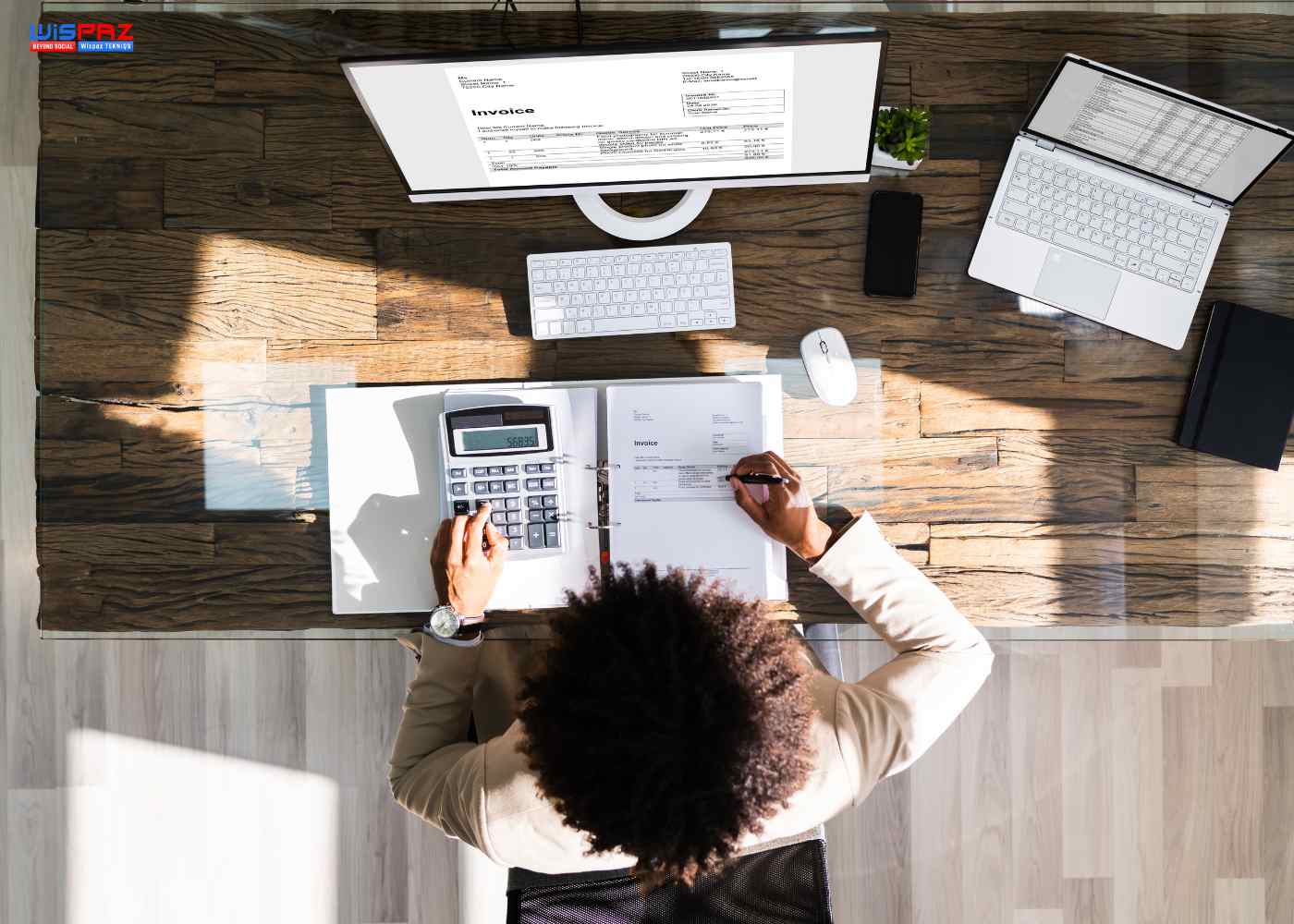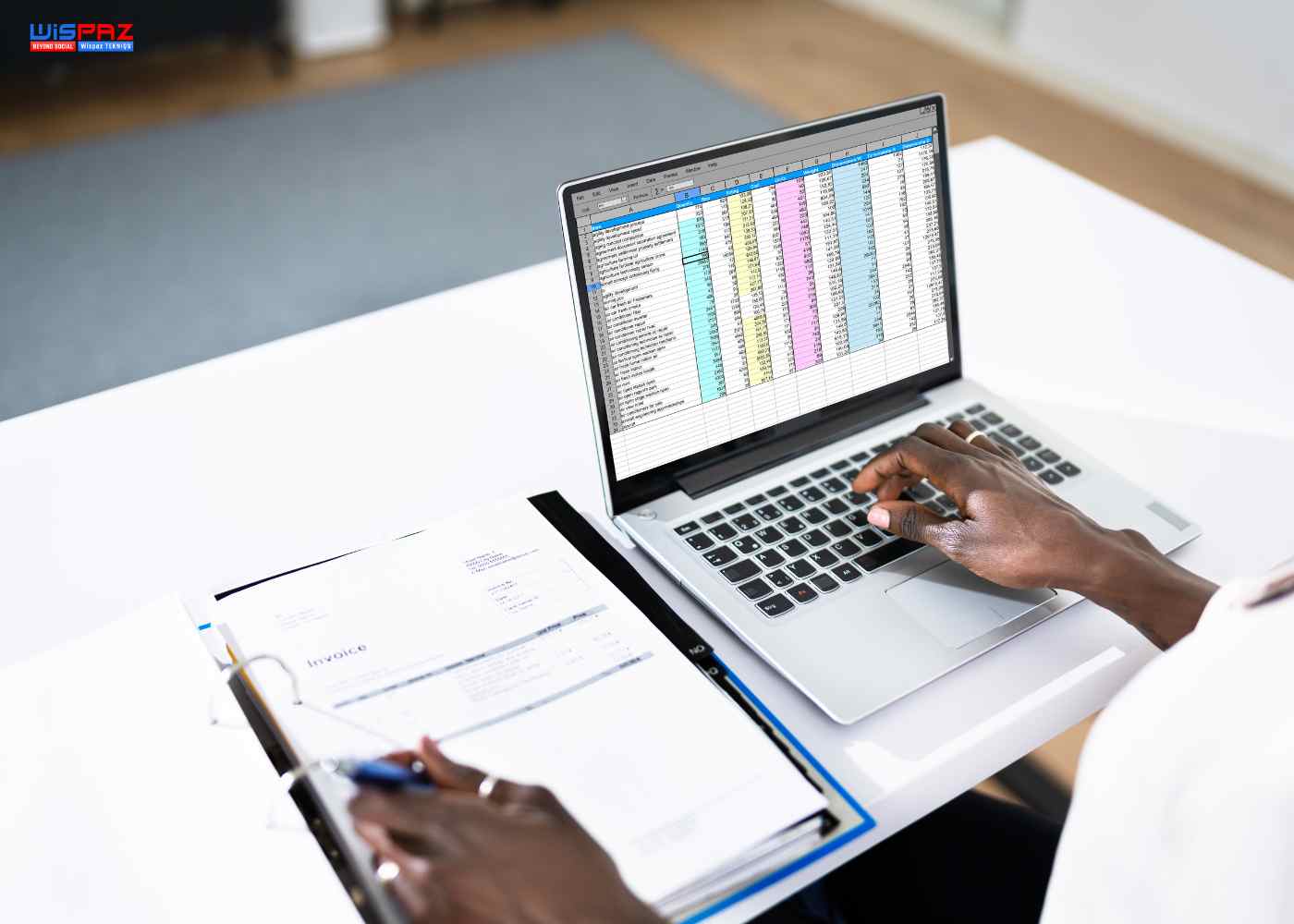If your business uses leases you'll know that accounting for
them can be a little tricky. This is especially the case if you're a smaller
business with limited accounting knowledge. The majority of businesses in the
USA use leases to a certain degree. Some use them far more than others but as a
business grows there's more chance you'll encounter the need to lease. On the
other hand, many businesses are built around leasing equipment and even retail
space to others. Leasing is an integral part of business operations
but accounting for them can be tricky.
Why You Should Accurately Account For Leases
You should account for them accurately because otherwise you
might not get your deductible right which isn't good for your business. Some
lease agreements are worth huge amounts of money. Think about leases on office
space, building. They easily run into the tens of thousands of dollars, even
more depending on business size. Even a small mistake in the depreciation
treatment or lease contract could put your business out of pocket by a large
sum.
Plus, accounting for leases accurately is a requirement laid down by US GAAP. Let's look at their most recent lease accounting guidelines.

ASC 842: The New Accounting Guideline
Previously you could keep a lot of leases off the balance
sheet as off balance sheet transactions. It gave businesses an air of privacy,
but also caused problems in properly assessing a businesses value. As a result,
ASC 842 was created and brought into use. The main change in the most recent
accounting guideline is pretty much all leases must be brought into the balance
sheet. It means your business will be more transparent. However, your
competitors will face the same change in their reporting. If you want to
accurately account for your leases and stay in line with GAAP you need to focus
on ASC842 and make sure your accountant or accounting software is using the
newest guidelines to account for your lease accounting arrangements.
Lease Accounting: How To Stay Complaint
Changes in accounting guidelines are always problematic. The
trick is to seamlessly stay compliant so that you stay on top of lease
accounting changes. This goes for all elements of accounting. If you have
substantial lease arrangements you don't want to miss a beat if something
changes. This is why lease accounting software can help give you peace of mind. Lease accounting
software should automatically account for these wholesale changes, as well as
any smaller changes that occur. If you're worried about lease accounting then
focusing on utilizing the best lease accounting software available can put your
mind to rest.

Lease Accounting: Detail in the Contract
Remember, when you're entering into lease accounting
contracts there's a lot of detail in the small print. You need to check the
contract and make sure it's suitable for your business. You also need to try
and work out how the contract would be treated from an accounting perspective.
This can be hard to do because you're essentially thinking a few steps ahead.
When your business is new too it's easy to be lured into lease agreements that
seem cheap but thinking about the accountancy treatment can help bring you back
to Earth and look at it more critically.
In short, the changes to the lease accounting guidance have
thrown up some complications to an already relatively complex area. However,
with the right foresight and in using lease accounting software, you can make
sure your lease accounting is on point and beneficial to you and your business.


